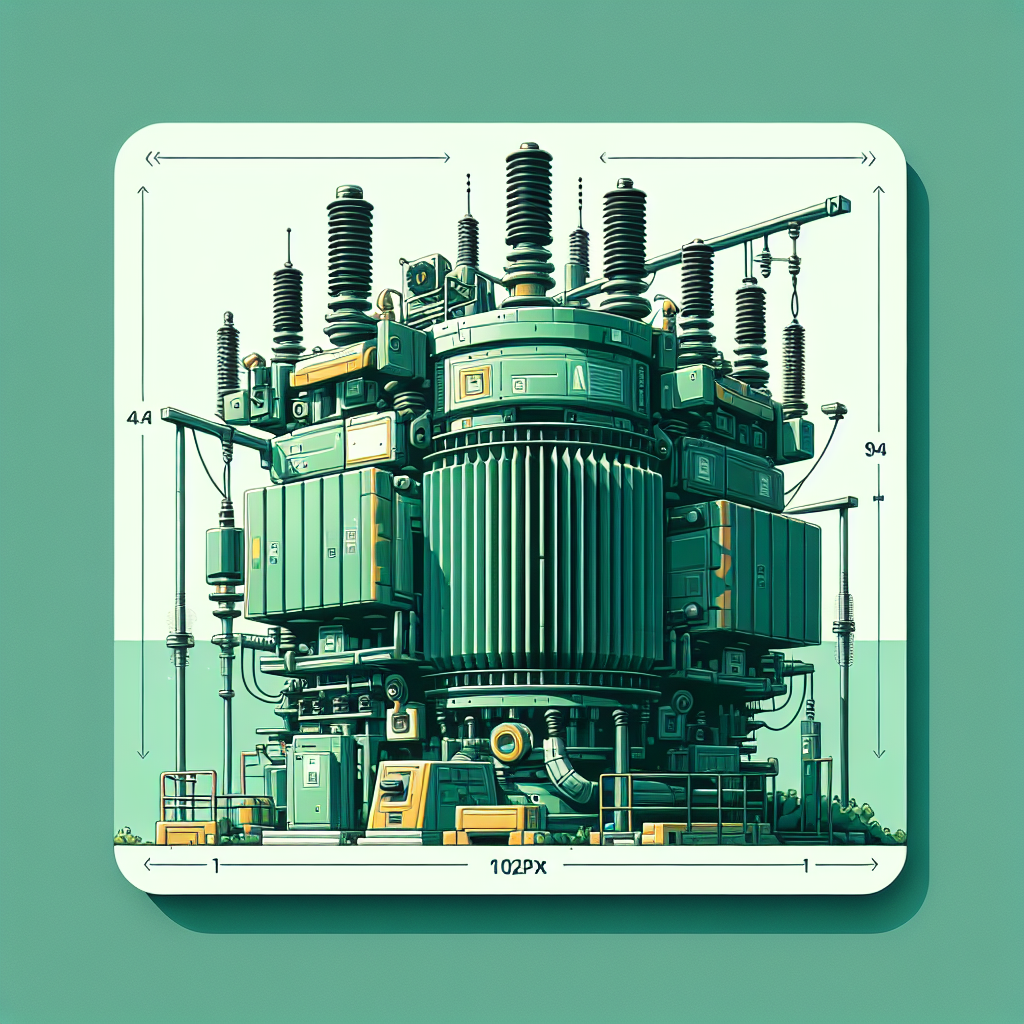Blog Ecobraz Eigre

Disused transformers: how to dispose of them safely and within the law
Legislation applicable to the disposal of end-of-life transformers
The proper disposal of end-of-life transformers must comply with the environmental legislation in force in Brazil. CONAMA Resolution 401/2008 establishes criteria for the management of hazardous waste, including those containing components such as PCBs (polychlorinated biphenyls). In addition, the National Solid Waste Policy (Law No. 12.305/2010) determines that generators are responsible for the correct management of these materials, prioritizing minimization, reuse and environmentally appropriate treatment.
Environmental and health risks associated with used transformers
Out-of-use transformers often contain insulating oil that can contain PCBs, highly toxic and persistent substances in the environment. Inadequate exposure to these components can cause soil and water contamination, affecting ecosystems and public health. Therefore, it is essential that this waste is handled and disposed of by authorized entities, avoiding irregular disposal that contravenes environmental legislation, as directed by the National Health Surveillance Agency (ANVISA) and the Brazilian Institute for the Environment and Renewable Natural Resources (IBAMA).
Procedures for safe disposal
To ensure safe disposal, the hazardous components present must first be identified, especially PCBs, in accordance with Law No. 12.796/2013, which regulates the management of these substances. The insulating oil must be removed and sent for treatment or specific final disposal by licensed companies or units. The metal structure of transformers can be recycled after proper depollution. Contacting specialized collectors is recommended for scheduling targeted collection, according to the scheme available through the electronic waste collection system at https://ecobraz.org/pt_BR/eletronicos scheduling.
Technical safety standards for handling
Handling disused transformers requires compliance with safety standards to avoid chemical and physical risks. The Ministry of Labor's NR 15 defines exposure limits to harmful agents, and NBR IEC 60076 regulates technical aspects of electrical equipment such as transformers. Personal protective equipment (PPE) is essential for workers involved in the process. Proper sanitization and decontamination of parts containing toxic substances are mandatory to ensure full protection.
Destination and recycling of components
After decontamination, metal components can be sent to recycling processes, reducing the extraction of raw materials and environmental impacts. According to the National Solid Waste Policy, reverse logistics must be adopted, ensuring that transformers and their waste are treated responsibly. If they contain electronic parts, these must be collected and disposed of by means of the schedule available at https://ecobraz.org/pt_BR/eletronicos schedule, promoting proper processing.
Secure disposal of media and linked digital devices
In cases where transformers are associated with digital controls or records on electronic media, the secure sanitization of these devices is necessary to prevent the leakage of sensitive information. To do this, we recommend a specialized service that performs secure data destruction or erasure, according to the procedures found at https://ecobraz.org/pt_BR/sanitizacao-de-hd eletronicos agendamento.

Deixe um comentário
O seu endereço de e-mail não será publicado. Campos obrigatórios são marcados com *